Humans
Sign up for our newsletter
We summarize the week's scientific breakthroughs every Thursday.
-
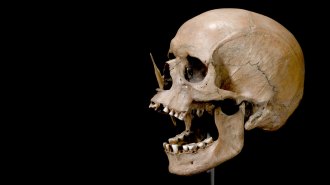 Genetics
GeneticsHow ancient herders rewrote northern Europeans’ genetic story
New DNA analyses show the extent of the Yamnaya people’s genetic reach starting 5,000 years ago and how it made descendants prone to diseases like MS.
By Bruce Bower -
 Health & Medicine
Health & MedicineThe teen brain is especially susceptible to the harms of THC
Marijuana that’s higher in THC and concentrated cannabis products may pose even higher risks of addiction and psychosis.
-
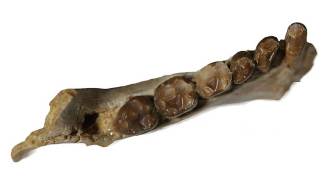 Anthropology
AnthropologyAncient primates’ unchipped teeth hint that they ate mostly fruit
Of more than 400 teeth collected, just 21 were chipped, suggesting that early primate diets were soft on their choppers.
-
 Health & Medicine
Health & MedicineFetuses make a protein that causes morning sickness in pregnancy
A hormone called GDF15 triggers a part of the brain involved in nausea and vomiting, a new study finds. Blocking its action may lead to treatments.
-
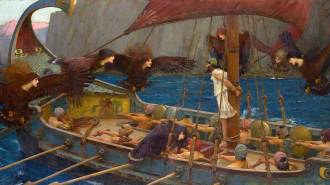 Science & Society
Science & SocietyMost people say self-control is the same as willpower. Researchers disagree
Psychologists say self-control is about planning ahead to avoid relying on willpower in the moment. Laypeople see things differently.
By Sujata Gupta -
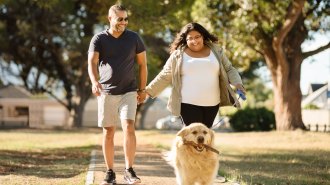 Health & Medicine
Health & MedicineWhen it comes to physical activity, every bit counts
Biking to the store. Raking leaves. Playing with your kids. Scientists are getting a clearer picture of all the activities that offer health benefits.
By Meghan Rosen -
 Psychology
PsychologyHere’s how to give a good gift, according to science
Gifting researcher Julian Givi outlines common mistakes gift givers make and how science can help us avoid those costly errors.
By Sujata Gupta -
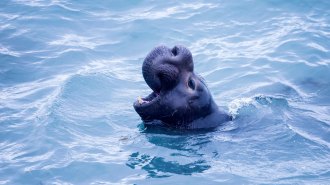 Life
LifeThese scientific discoveries set new records in 2023
This year’s record-breaking findings shed new light on human history and the most amazing feats in the animal kingdom.
-
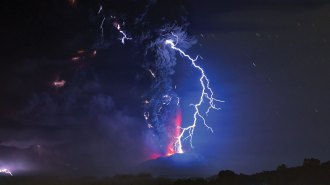 Earth
EarthHere are some big-if-true scientific claims that made headlines in 2023
Hominid cannibalism, “dark stars,” the secrets of Earth’s core and more tantalizing findings will require more evidence before scientists can confirm them as fact.
-
 Health & Medicine
Health & MedicineHere are some of the biggest medical advances in 2023
The first CRISPR gene-editing therapy, a new Alzheimer’s drug and RSV vaccines were among the big developments in medicine this year.
By Erin Wayman -
 Health & Medicine
Health & MedicineWhy weight-loss drugs became more popular than ever this year
Ozempic and related drugs can drastically reduce body weight, and more potent versions are on the way. But questions remain about who should take them.
By Meghan Rosen -
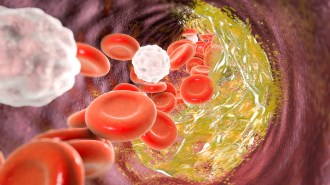 Health & Medicine
Health & MedicineA gene editing technique shows promise for lowering LDL cholesterol
In a trial of 10 people with familial hypercholesterolemia, a genetic medicine reduced levels of LDL cholesterol in the blood by up to 55 percent.
By Meghan Rosen